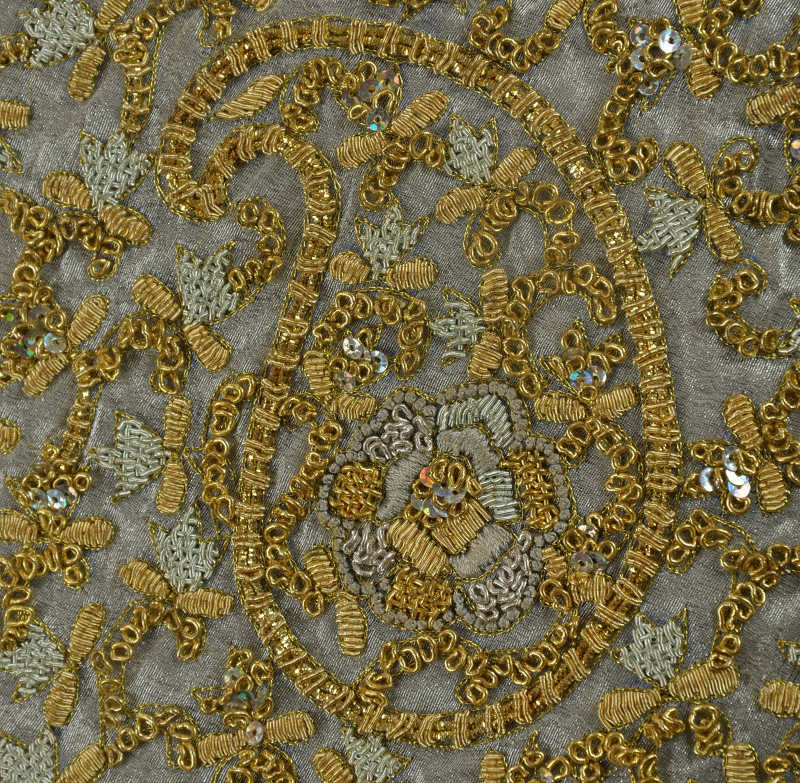===
0938,
4
===

=== |
 |
dastah : 'A handful, bundle; ... a nosegay; a flower-bed'. (Platts p.517)
FWP:
SETS == HERE/THERE; REPETITION
MOTIFS == DESERT; MADNESS
NAMES
TERMS == METAPHORHere's an even more wonderful Ghalibian example, the second line of which relies on exactly the same kind of ambiguous, hypnotic repetition that we see in the second line of the present verse:
G{96,1}.
SRF assumes that 'here' is a city full of gardens (which might or might not be the same as a 'city of the garden'), and 'there' is the 'desert of madness'. But surely it's also possible to reverse the correlations. After all, usually 'here' means where the lover is, and isn't he always at least as likely to be in the desert as in the city? Especially in a verse like this, in which the first line seems to defend the virtues of the desert as against those of the city.
In any case, once we are in the domain of madness, how can we tell which of the two places in the second line corresponds to which location? There are 'roadways' in the city, but roadways can certainly be imagined into the openness of the 'desert of madness' too (I can think of an example or two very easily). And just as SRF has argued for the presence of 'gardens' and 'flowerbeds' in the 'desert of madness', and has even equipped them with a real physical content of blood-drops, so they too are notably present in the city-- it's a city defined by its garden(s), after all. The deliberate blurring of borders between the city and the desert in the second line-- a confusion which is in any case so suitable to the crazed sensibility of a mad lover-- creates an ambiguity that is part of the pleasure of the verse.
Note for translation fans: Alas, we really don't have a good translation for dastah as in gul-dastah . We used to have 'nosegay' and 'posy', but we've left them behind. 'Corsage' would be excellent, except that it's so firmly associated with being pinned to the shoulder of a garment. 'Bouquet' can refer to very large floral arrangements. And 'handful of flowers' sounds like a disorderly bunch (though I've gone with 'flower-handful' in my usual pursuit of extreme literalness). Really 'small bouquet' is probably the best we can come up with.